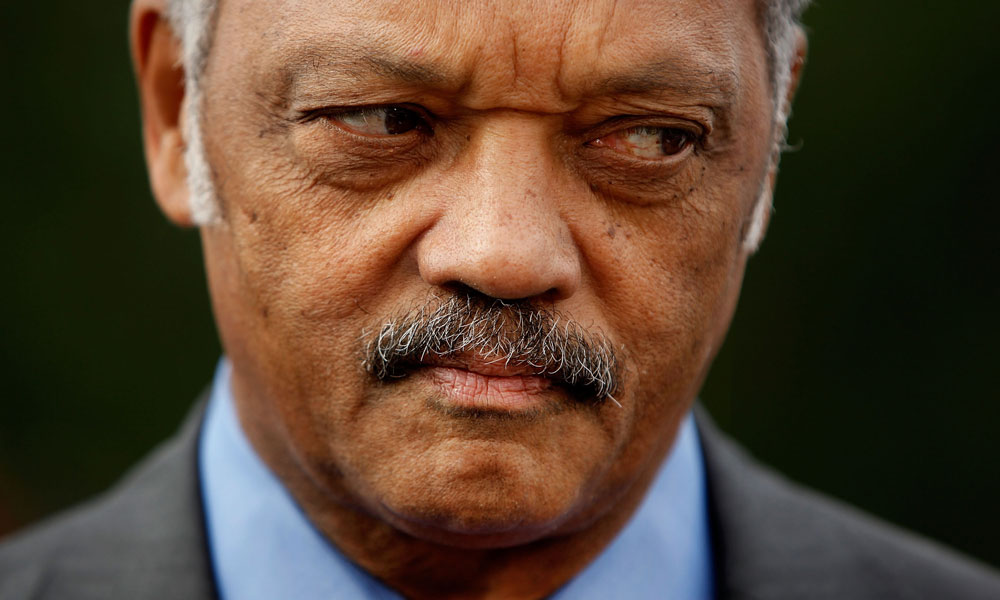
Net Neutrality Debate Makes Strange Bedfellows in Civil Rights Sphere
The open-internet debate currently taking place in Washington, DC, has caused rifts in conventional alliances and created unconventional ones. Take, for example, civil rights groups, which are split on strict net neutrality regulations.
The current open-internet debate has caused rifts in conventional alliances and created unconventional ones. Take, for example, civil rights groups, which are split on strict net neutrality regulations.
For years, net neutrality advocates have spoken about unfettered internet access as something akin to a basic human right.
Perhaps surprisingly, though, major organizations that have long focused on improving human rights for minority groups don’t see net neutrality as such a clear-cut issue.
In the weeks since the Obama administration took a tough stance on open-internet access, asking the Federal Communications Commission to classify and regulate broadband providers as public utilities, a number of major civil rights groups have opposed that position, saying tougher regulation could hurt Americans already underserved by internet service providers.
“We got a lot of poor folks who don’t have broadband,” the Rev. Jesse Jackson told The Washington Post. “If you create something where, for the poor, the lane is slower and the cost is more, you can’t survive.”
Jackson’s Rainbow PUSH Coalition, the NAACP, and the National Urban League met last month with FCC Chairman Tom Wheeler to discuss the issue. And the Rainbow PUSH Coalition was among the 45 civil rights, social service, and professional organizations that signed a letter to the FCC [PDF] arguing that more aggressive regulation of internet service providers would be “inadvisable at this time given the prodigious work that needs to be completed to close the digital divide.”
The Week noted the strange alliances the net neutrality debate has created: “You know a policy debate in Washington is interesting when President Obama and Justice Antonin Scalia are on one side and Rev. Jesse Jackson and Sen. Ted Cruz (R-TX) are on the other.”
Many Organizations, Many Stances
Civil rights groups’ views on the issue are far from unified. For every NAACP and National Urban League opposed to Obama’s call for highly regulating ISPs, organizations like ColorofChange.org and the National Hispanic Media Coalition support the president’s position.
The New York Times notes that civil rights groups on both sides of the debate have received assistance or contributions from some of the main players in the debate, including Comcast, which is opposed to tough regulations, and Google, which supports them. But the groups emphasize that their policy positions on net neutrality haven’t been compromised.
“We get support from people on all sides of the issue, including Google and Facebook. We don’t let any of them influence our position,” Brent Wilkes, national executive director of the League of United Latin American Citizens, told the Times. Wilkes’ group opposes treating internet access as a utility like electricity or water, as Obama has proposed.
The National Hispanic Media Coalition stand on the other side of the net neutrality issue from the league, but it also asserts its independence from donors. “There is a clear separation between our policy work and who funds us,” said Jessica Gonzalez, executive vice president of the coalition.
Rainbow PUSH Coalition leader Rev. Jesse Jackson, who opposes treating broadband like a public utility. (Chip Somodevilla/Getty Images)






Comments